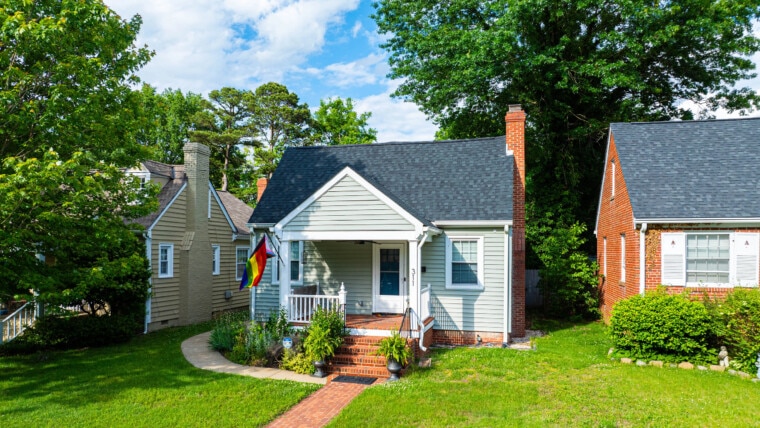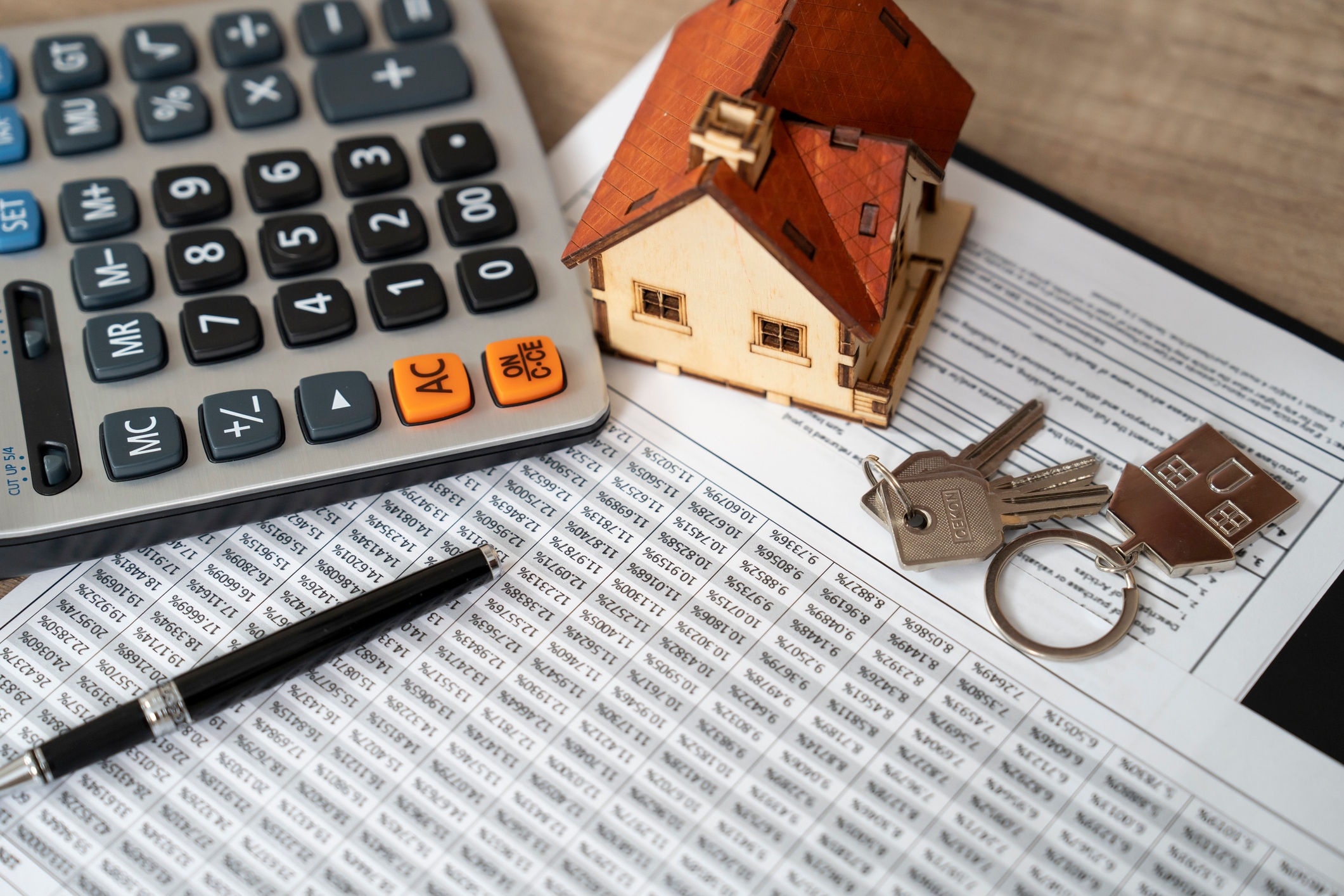Born between 1995 and 2012, the oldest members of the post-millennial cohort known as Generation Z are now poised to enter the real estate market. Unlike generations before them, they have never known a world without digital connectivity, and most were not old enough to have struggled through the housing crisis of 2008 that catapulted the Great Recession.
Though the two generations share many traits, they differ in important ways. Generation Z is an even larger cohort than the millennial generation, and they are also more diverse. Nearly half of Generation Z (48%) are members of racial and ethnic minorities while 39% of millennials are minorities.
What does this mean for the real estate industry? How will Generation Z impact future homebuying trends?
To gain further insight into facets of the homebuying experience for these up-and-coming homeowners, Homes.com surveyed over 1,000 adult Gen Zers aged 18 to 24 years old. Here’s what we found:
Generation Z is Highly Committed to Early Homeownership
Our survey results show that Generation Z’s commitment to homeownership exceeds the current national homeownership rate (64.2%) by more than 20 points.

Not only are they committed to homeownership, but they also expect to buy their first homes at an earlier age. For perspective, many millennials have delayed homeownership plans, and there is currently only a 35.4% homeownership rate for those under age 35. In comparison, almost 87% of Generation Z members plan to buy their first homes within that same time frame.

Affording a Down Payment Isn’t Generation Z’s Primary Concern
When asked to choose their two top reasons to become homeowners, our sample revealed that Generation Z has similar motivations as previous generations, such as ”a place to call my own” and “owning a home is a good investment.”

However, Generation Z may have a different take on the barriers they face compared to their millennial counterparts. By a margin of two to one, our sample told us that making enough income to afford a home is a greater concern than saving for a down payment.

In today’s economy, entry-level workers are faring better than they did ten years ago, but being able to afford the soaring costs of owning a home five or ten years from now still concerns Generation Z much more than saving for a down payment.
Generation Zers Believe They Need to Save Longer for Homeownership
Our survey suggests that Gen Zers aren’t aware of how to utilize lower down payment options and how those options can reduce the time needed to save for a down payment. The current median down payment for first-time buyers is 7%. Over 63% believe they will need to put down more than 11%, and more than one out of four think they will need to put down more than 20%.

The current median price for existing homes in the U.S. is $259,400. Using this cost as a benchmark, an FHA loan requiring a 3.5% down payment would amount to over $9,000, plus closing costs. Over three years, a prospective buyer would have to save $252 each month, or $378 a month over two years. Thirty percent of Generation Zers believe they will need to save for more than three years, which is unlikely unless they receive assistance from family, live in an expensive market or don’t use a low down payment loan.

The survey findings ultimately suggest that a large percentage of Generation Zers are too conservative or ill-informed about their down payment options.
Unrealistic Views May Impact Generation Z’s Buying Timetable
To find out if there is a correlation between those who expect to save for three years or more and those who expect to buy their first homes after the age of 30, we compared the answers to two questions: How old do you think you will be when you buy your first home? and How long do you think it will take you to save for a down payment?
Our comparison found a strong correlation. Over 40% of Gen Zers who plan to buy between ages 30 to 34 expect to save for three or more years, and over half who think it will take them until ages 35 to 39 years to buy believe it will take them just as long.
Gen Zers are Practical About Where They Want to Live
When asked to rank the qualities of where they would like to live, 71.1% said proximity to work is their primary concern. Almost 52% ranked proximity to friends and family second, above access to amenity-laden areas such as urban centers, shopping centers, and nightlife.

Concerns about crime also ranked high in our survey. Over 46% of our sample said safety is important to them, with slightly more women than men expressing concern about crime rates (52.8% to 47.2%). This could be an early indication that making community streets safer will be a priority for Generation Z.
Generation Zers Want Real Estate Agents Who Understand Them
Buyers once relied on agents for a variety of services ranging from search to preapproval that they can now do themselves online. Today’s buyers look for expertise and counsel, and in the case of Generation Z, that begins with understanding their values and finding homes that are extensions of those values.
“Being understood” topped the list of qualities Generation Z will seek from their agents, over other factors such as experience or negotiation skills.

This shouldn’t come as a complete surprise, as younger buyers’ demographics are different. Aside from being more diverse, only about half of buyers 28 years and younger (54%) are married couples, with one out of five buyers being an unmarried couple, and 15% single women. Twenty percent of Gen Zers are looking for a home large enough to house others who will contribute to the mortgage.
To Generation Z, Diversity Isn’t a Statistic—It’s a Neighborhood
Generation Z is a more racially and ethnically diverse generation than previous generations, but it doesn’t stop there.
A clear majority of Generation Z (58%) said they prefer to buy a home in a culturally diverse community. Only 12%, or 1 in 8, prefer a homogeneous neighborhood.

Consider the implications and questions this inspires:
- Will diversity become a central marketing message for home builders, lenders, real estate brokerages, tourism and chambers of commerce?
- Will living in a diverse neighborhood add value to your home?
- Will ethnically diverse neighborhoods celebrate their cultures with holidays, street names, local businesses, and home design?
- Will federal and state fair housing laws become more important but less necessary?
Our final question elicited our most important conclusion. We believe that Generation Z can create a grassroots culture of diversity that will change America one neighborhood at a time.









